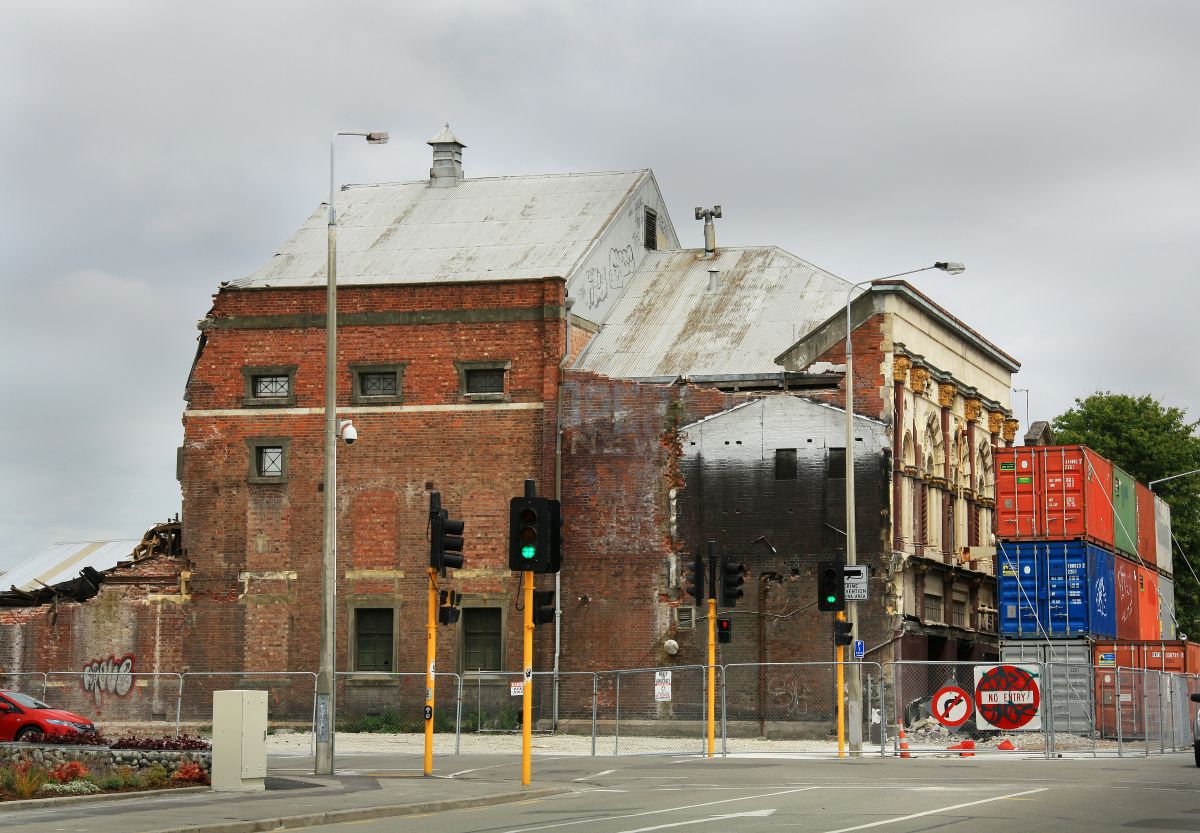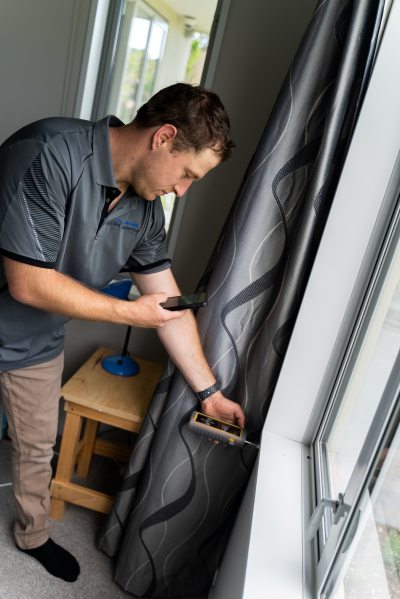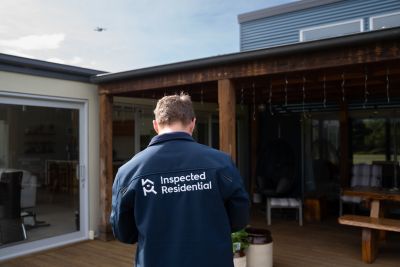Updates from the Natural Hazards Commission (formerly Earth Quake Commission EQC)

Canterbury earthquake claims: the new “six-year rule” for reopening claims—in our take on it in plain English
From 1 July 2025, the Natural Hazards Commission Toka Tū Ake (formerly EQC) published updated guidance explaining what homeowners need to provide to reopen a Canterbury earthquake claim—and how legal time limits (called limitation periods) may affect that process.
What’s a limitation period?
A limitation period is a legal time limit for challenging a claim decision. NHC generally treats the period as six years from the date your individual claim was settled or declined—not from the date of the earthquakes. In other words, the clock usually starts when your claim outcome was issued.
NHC says it considers limitation periods alongside other relevant laws and the specifics of your case when deciding whether to reopen a claim. If the limitation period applies, they may decide not to reopen. That doesn’t automatically mean you have no options—but it does mean timing matters.
Quick examples
• If your claim was settled on 14 March 2018, the six-year window generally ran until 14 March 2024.
• If your claim was declined on 5 October 2019, your six-year window generally runs until 5 October 2025.
(These are illustrations only. There can be exceptions under NZ law; always seek legal advice on this.)
Why this is coming up now
It’s been nearly 15 years since the Canterbury quakes. As time passes, it’s harder to verify what is earthquake damage versus wear and tear or later issues, and legal time limits are becoming more relevant when NHC assesses reopen requests. That’s why NHC has refreshed its public guidance. (naturalhazards.govt.nz)
Thinking of reopening your claim? Here’s what NHC expects
If you believe damage was missed or not properly repaired, you’ll likely need expert evidence that clearly ties each item of damage to the Canterbury earthquakes (and not to design defects, maintenance, renovations, or unrelated movement). NHC’s fact sheet outlines what strong reports should include:
- Cause, item by item: A clear explanation for each damaged element stating why the earthquakes — and not other causes — are responsible. If there’s uncertainty, the expert should say so.
- Previous repairs: If earlier earthquake repairs failed, the report should explain how and why.
- Impact/materiality: Clarify whether the damage materially affects the home’s utility or amenity (e.g., floor levels/dislevelment and by how much).
- Detailed repair scope and costs: Based on replacement value.
- Separate earthquake vs non-earthquake work: Be explicit about any recommended repairs that aren’t earthquake-related.
- Qualified people: Use suitably experienced practitioners (e.g., CPEng engineers using the Engineering New Zealand reporting framework; LBP builders; NZIBS building surveyors).
NHC notes you usually pay for expert reports, though they may reimburse reasonable costs if a report provides new evidence of earthquake-related damage or if NHC has specifically requested it.
Where the old EQC Act still matters
Canterbury earthquake claims are still dealt with under the Earthquake Commission Act 1993, which applied at the time of the earthquakes (with per-claim limits that were in force then). The newer Natural Hazards Insurance Act 2023 applies to damage from 1 July 2024 onwards, and it’s also the point at which EQC formally became the Natural Hazards Commission Toka Tū Ake.
What this means for you (in plain terms)
- If you’re unhappy with your outcome, don’t leave it sitting in the bottom drawer. The six-year timer usually runs from your settlement or decline date. Waiting could close off options.
- Quality evidence wins the day. A robust, independent report that addresses cause, consequence, and cost is essential.
- NHC still looks at every case on its merits, but they’ll factor in limitation periods and how confidently the evidence points to earthquake damage.
How Inspected Residential can help
As building inspectors, we:
- Carry out independent site assessments to help identify potential earthquake-related issues vs. maintenance or age-related defects.
- Coordinate with the right experts (structural engineers, building surveyors) so the evidence you submit is aligned with what NHC expects.
- Prepare clear documentation and photos so your claim manager can understand the what, where, and why of each item.
Final word (and a gentle nudge)
This article is general information, not legal advice. It is strongly recommended that you seek legal advice when considering your position. You can also contact the Natural Hazards Commission directly on 0800 DAMAGE (0800 326 243).
You will find more information on this new limitation period on the NHC website; we have highlighted the section HERE.
You may also like...
Stay informed with our expert property advice.
What Our Clients Say
Don't just take our word for it - see what our satisfied clients have to say about their experience with Inspected Residential.
Ready to Make Informed Property Decisions?
Don't let uncertainty cloud your property journey. Our comprehensive building inspection reports provide the clarity and confidence you need to make informed decisions.







.jpg)



